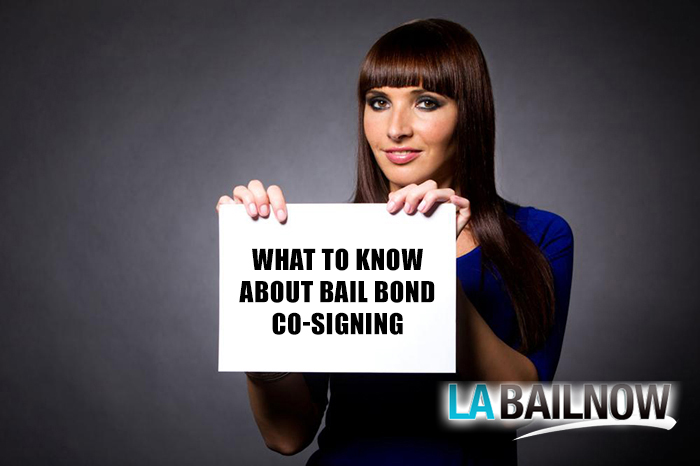Being a bail bond co-signer requires a lot of responsibility, but even more trust. Many bail bonds require a co-signer. So, what does this job entail? Here are our answers to the most common bail bond cosigner-related questions we receive.
- Question: Who can be a co-signer?
- Answer: Anyone who the defendant can get to be a co-signer, can be one. This responsible adult must be in good standing with the law, meaning they cannot be in jail, and they must agree to be the co-signer; they cannot be forced.
- Question: Does the co-signer do anything, besides sign the bail bond forms?
- Answer: Most definitely. The co-signer is responsible for making sure the defendant shows up on time for all court appointments. If the defendant is responsible and goes to all of his or her court appointments without hesitation, that is great. However, if the defendant is thinking of skipping court or does not have transportation, it is up to the co-signer to sway them to go to court or arrange transportation.
- Question: What if the defendant misses court, whether it was intentional or accidental?
- Answer: Then the co-signer will have to pay the remainder of the bail, forfeit any collateral he or she may have pledged, and the bail bond will be terminated because the agreement was violated.
- Question: So, the co-signer gets the short end of the stick, and it is not smart to agree to be a cosigner, even if the defendant insists there will not be any problem?
- Answer: No. Co-signers have rights. They may withdraw their name from the bail bond at any time if they grow concerned that the defendant will be troublesome. The co-signer faces no penalty. The defendant will be taken back into custody unless he or she can find a new co-signer.

